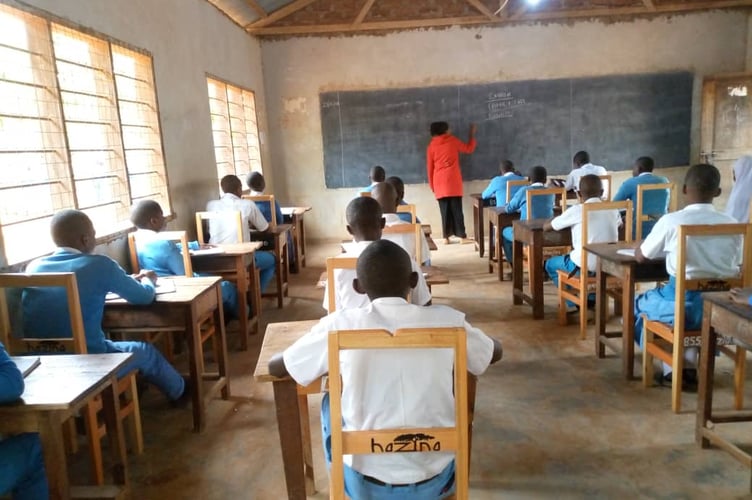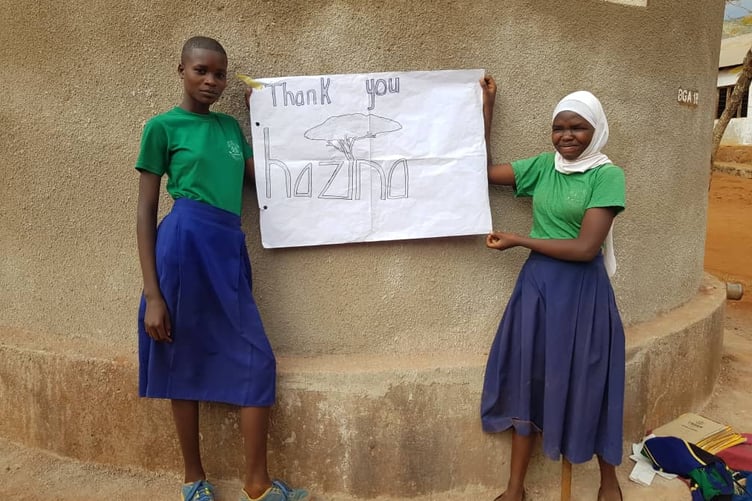A Tanzanian charity founded by a Corris entrepreneur is closing after 18 successful years.
HAZINA was set up in 2007 to improve access to education, healthcare and clean water for residents of Bangalala, a rural village in north Tanzania.
Märit Olsson from Corris Uchaf set up HAZINA after learning of the place where her sister-in-law was born and attended school.

Over the years, the non-profit organisation raised £205,444 for projects including buying school laptops, textbooks, desks, chairs and lab stools and creating a hostel for girls, matron and teachers' housing, installing electricity and internet access.
They built a therapy space for people with health issues and disabilities, trained three nurses to support children with disabilities, purchased a motorbike to enable home visits, funded essential building repairs and equipment, and paid for additional care for children who needed access to treatments in larger health centres.
Over the last three years, HAZINA has also established a menstrual health initiative, providing reusable sanitary pads, Kilipads, to school girls to help reduce the need for girls to miss school during their periods.

This work will continue beyond HAZINA’s closure as 220 packs will be provided to new incoming school girls, which will hopefully be sustained by local stakeholders in future.
Märit said Corris residents and the school have been “very involved” in the projects, adding that “it is with pride and sadness that we announce HAZINA will close.
“We extend our deepest gratitude to the Bangalala community for their trust, collaboration, and dedication.
“We are honoured to have walked this path alongside you and will treasure the friendships made.
“Though HAZINA’s formal involvement is ending, our hope is that our bonds”.
The charity ran with no administrative costs, with 100 per cent of funds raised going to Bangalala, where residents now run the projects independently.





Comments
This article has no comments yet. Be the first to leave a comment.